Email Address
slavkasknonprofit@gmail.com
slavkaskno@slavkask.com
Phone Number
+421 914 704 008
Restored energy through plastic waste recycling
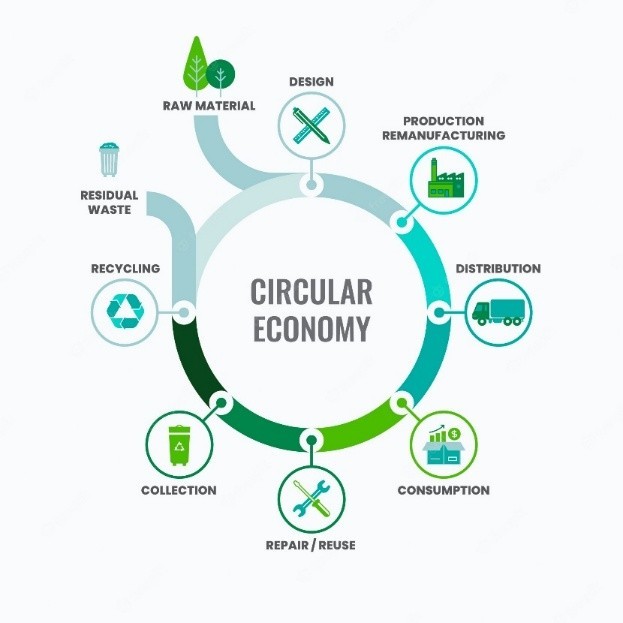
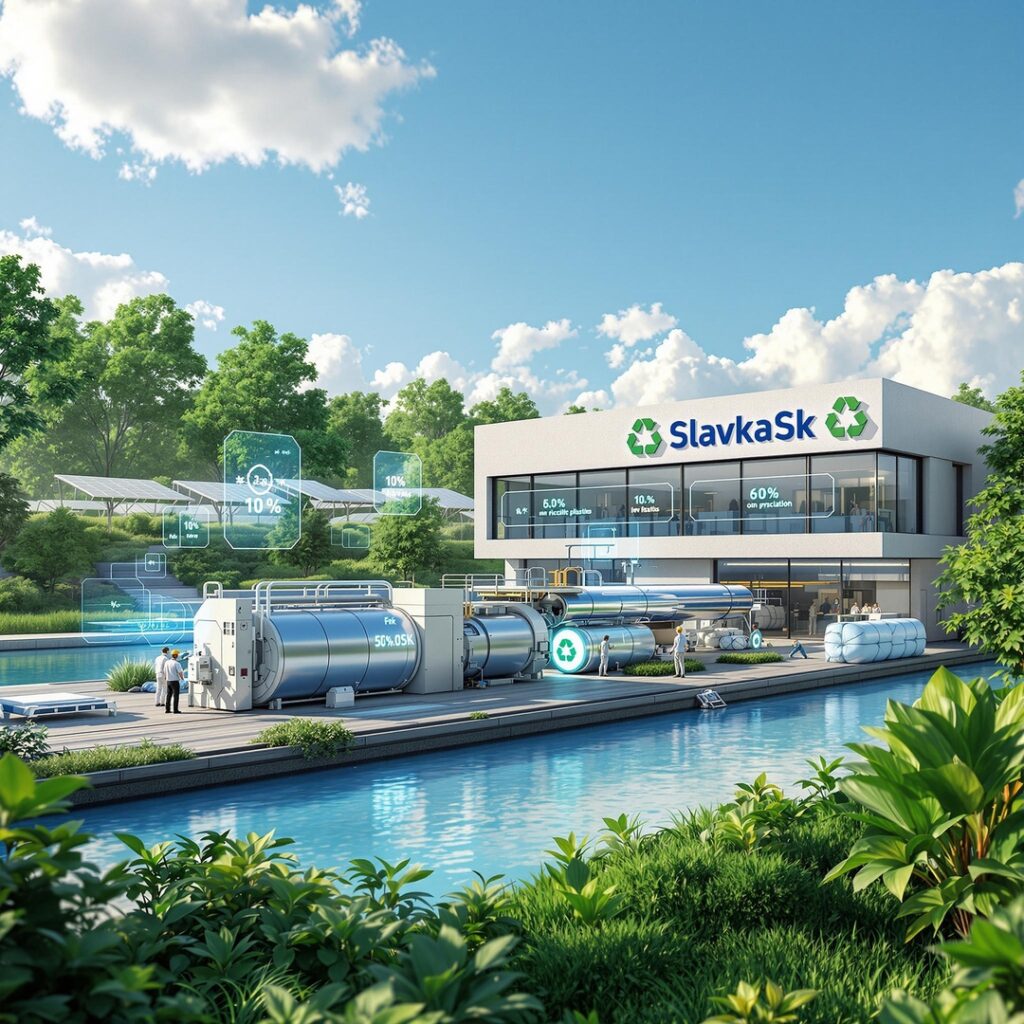
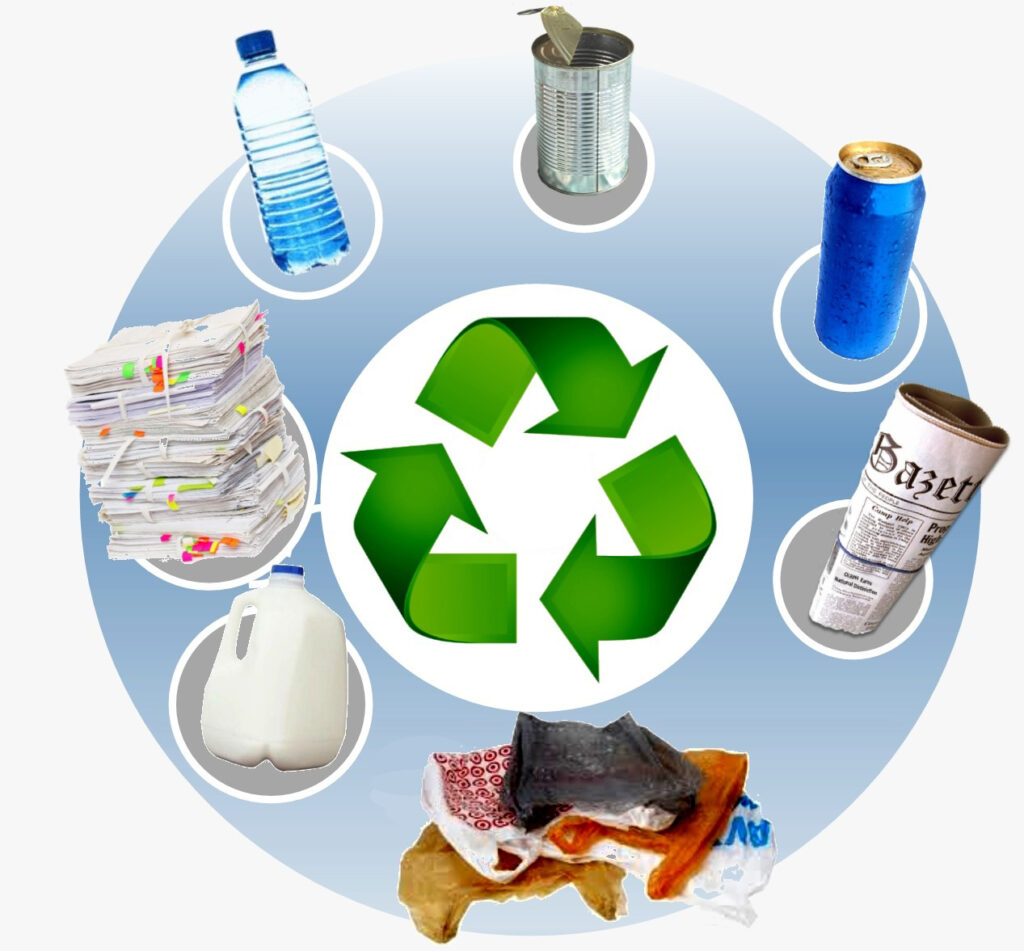
Meet IGNA Buddy – The Earth’s New Hero There is a tiny creature working for the Earth. Not with a magic wand, but with the help of realpeople, families, and communities. This is IGNA Buddy — the symbol of SlavkaSk NonprofitInternational’s new program — a hero born to remind us that saving the planet is […]
The IGNA Project’s First Pyrolysis Plant in Europe Introduction The IGNA Project, initiated by SlavkaSk n.o., has reached a major milestone. In early September, the first pyrolysis unit arrived in Koper, Slovenia, before being transported to Hungary, where preparations for installation were already complete. In the last week of September, the final and most important […]
The world’s worsening plastic waste problem is not only an environmental challenge but also an economic one. Millions of tons of plastic floating in the oceans and the ever-growing piles of garbage in landfills have become an urgent issue. The IGNA Project offers a solution in this context: through pyrolysis technology, it generates energy from […]

This picture is for illustrative purposes only.
In the last three decades, plastic consumption on Earth has quadrupled. Unfortunately, not all plastics can be recycled and this causes a huge problem all over the world, since microplastics have already appeared in our food, water, and even in the human body. It is essential to continuously look for technologies that can be used to process such plastics that cannot be recycled by traditional methods. We strive to create a cross-border cooperation that can reduce plastic pollution and create a cleaner living environment.
The main task of our non-profit organization is to create an environmentally and socially sustainable world, which can be achieved largely through the utilization of non-recyclable plastics. In addition to our environmental protection activities, our goals include educating the future generation on environmental awareness.
Pyrolysis is one of the most effective methods for recycling plastic waste, which is why our organization has chosen it for plastic waste processing. This advanced thermal treatment process breaks down plastic in an oxygen-free, high-temperature environment, turning it into valuable compounds like pyrolysis oil, which can be used as industrial raw material or fuel.
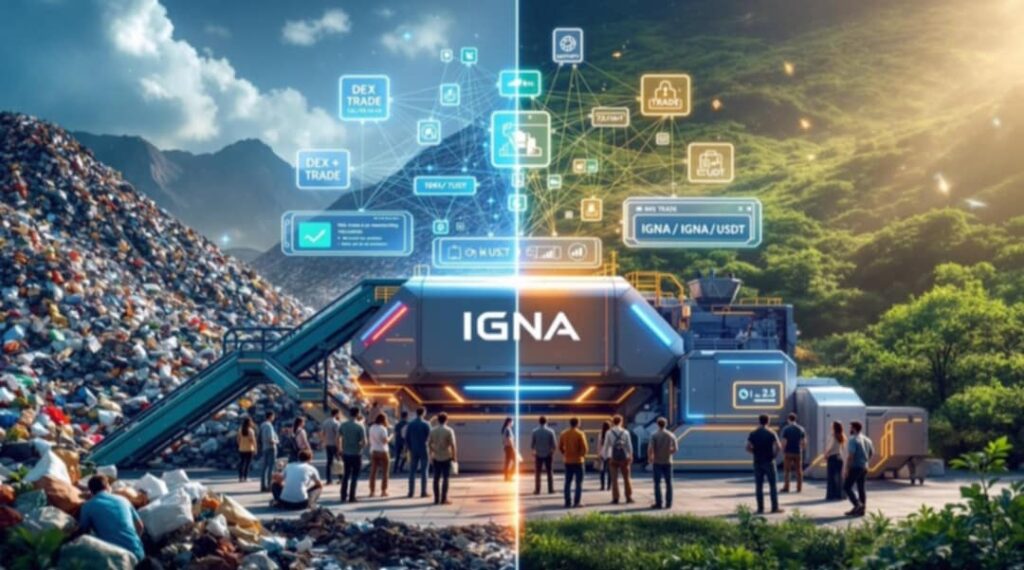
This picture is for illustrative purposes only.
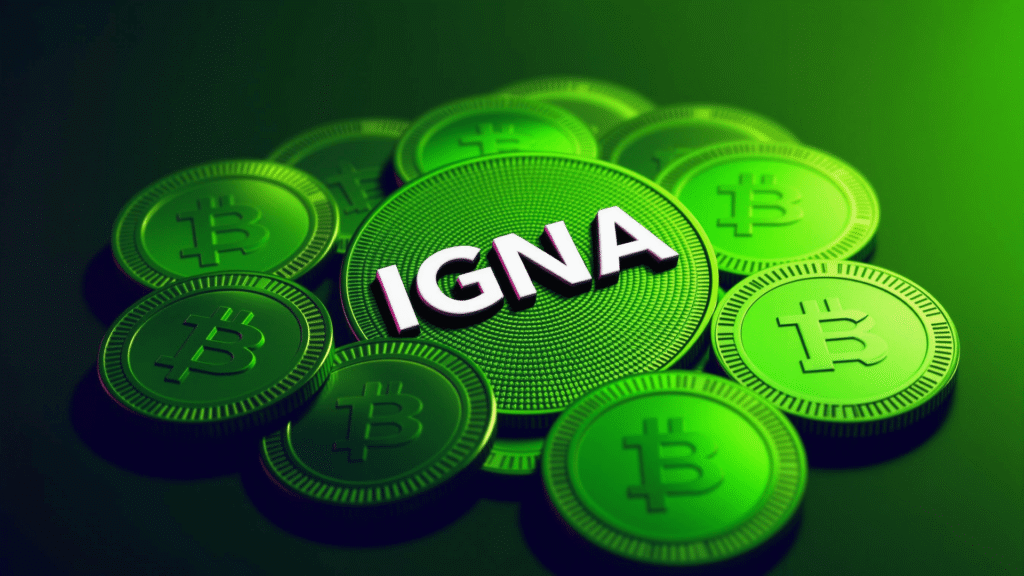
Cryptocurrencies are no longer just financial innovations—they also open new opportunities for social responsibility. IGNA is a cryptocurrency that allows ordinary people to actively participate in the fight against plastic pollution while offering a sustainable investment opportunity.
Launched by the SlavkaSk non-profit in September 2024, IGNA is based on a tangible solution: building pyrolysis plants that convert plastic waste into recyclable energy and raw materials.
Every transaction is traceable, ensuring trust.
IGNA is supported by profitable processing plants, offering real assets and value.
Funds from the tokens finance the creation of plastic waste processing facilities, aiming to clean the planet.
The token’s price is stabilized by a buyback obligation, increasing its value retention.
IGNA offers a solution to a real problem—reducing global plastic pollution while pioneering the connection between crypto technology and sustainable development.
🙌 Join the movement!
Support sustainability through an innovative cryptocurrency and be part of a global initiative that brings real change.
👉 Buy IGNA tokens and step into a clean, green future while profiting financially!
📘 Want to learn more?
📄 Find out more about the IGNA project and explore our official White Paper for all technical and financial details here: Igna-crypto
Watch the following videos to better understand the severity of plastic pollution
Instead of passively watching the environmental pollution, this elderly man from Libya took action and began collecting garbage in his city. The revenue from recycling the collected waste is used to fund treatment for people battling cancer. His actions not only improve the environment but also serve as an inspiring example of community and human compassion — fighting both pollution and suffering at the same time.
The Great Pacific Garbage Patch is located in the northern part of the Pacific Ocean and is the largest concentration of marine debris in the world. It consists mainly of plastic waste that has accumulated between two oceanic gyres due to ocean currents. A significant portion of the debris is microplastic, which is difficult to remove and severely harms marine life. Birds, fish, and turtles often ingest these particles, which can be fatal to them. Want to learn more? Watch the video!
Here we will display our key impact data:
The amount of plastic waste processed in the past month
The amount of CO₂ emissions prevented
The quantity of oil generated from the processed plastic
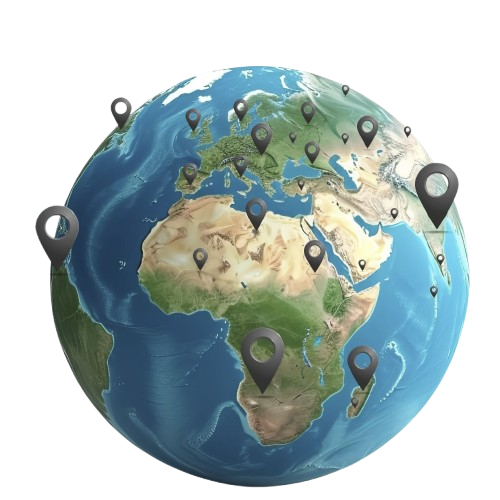
Fill out the form and we’ll get back to you as soon as possible.
Support Us